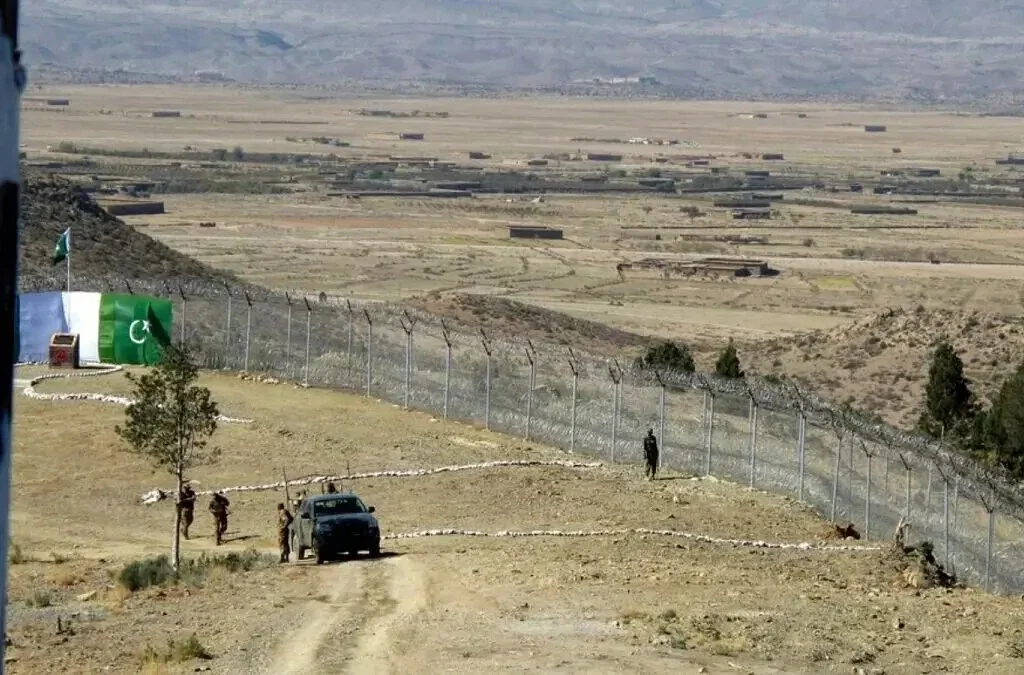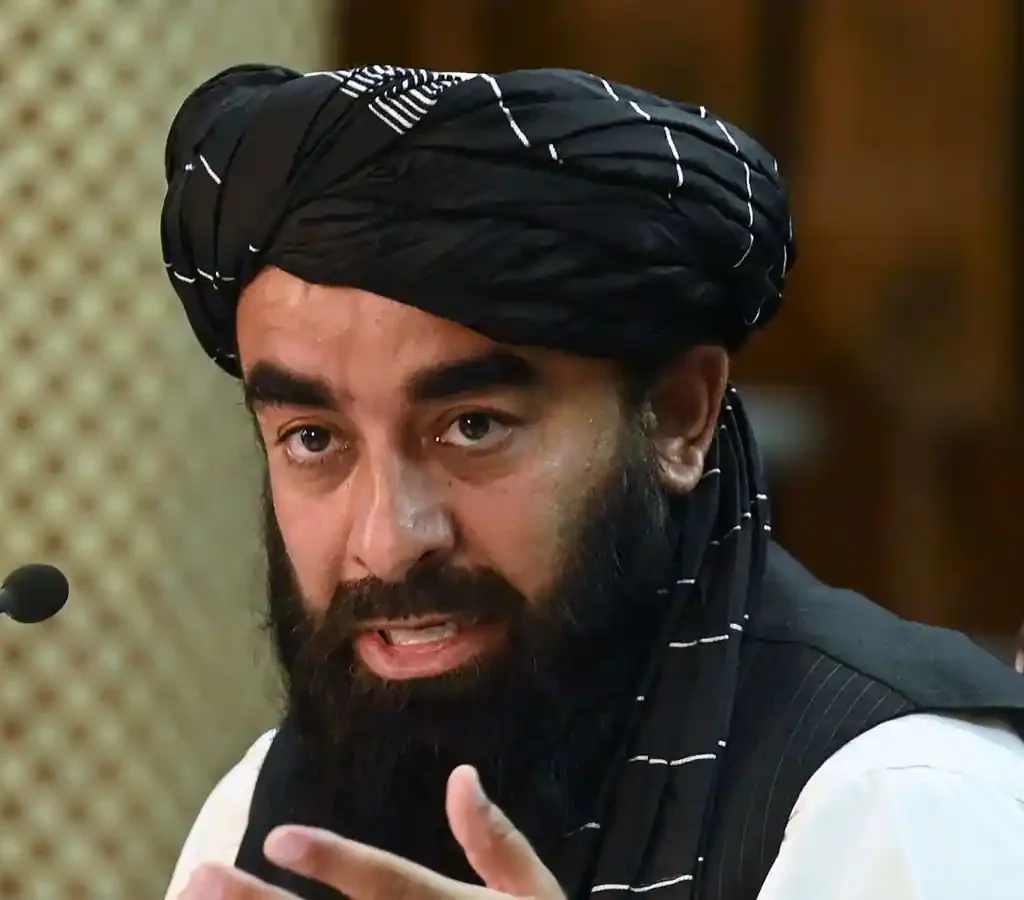The Indo-Afghan Arc: Rewriting Pakistan’s Strategic Geography

The deepening India-Afghanistan engagement marks a new strategic era in South Asia. Beneath the façade of humanitarian cooperation lies a calculated effort to constrict Pakistan’s strategic space, from intelligence leverage and soft power projection to potential encirclement on both eastern and western fronts. Drawing from the insights of Iqbal and Khushhal Khan Khattak, this analysis argues that Pakistan must reclaim its strategic selfhood, strengthen regional diplomacy, and transform its western border from a vulnerability into a vision of regional connectivity and stability.
Pakistan’s Doctrine of Verifiable Peace: Realism in the Face of Proxy Politics

Pakistan’s Doctrine of Verifiable Peace represents a major shift from fraternal idealism to strategic realism in South Asia’s volatile security landscape. Rooted in classical realist thought, the doctrine emphasizes verification over trust, deterrence over sentiment, and conditional diplomacy over blind faith. Confronting the twin challenges of cross-border militancy and Indian-backed proxy networks in Afghanistan, Islamabad now seeks peace that is enforceable, monitored, and verifiable, anchoring regional stability on responsibility, not rhetoric.
Zabihullah Mujahid’s Rhetoric and the Reality of Pakistan-Afghanistan Relations

Recent statements by Taliban spokesperson Zabihullah Mujahid attempt to shift blame for strained Pakistan-Afghanistan ties onto Islamabad. Yet the real source of tension lies in Kabul’s refusal to dismantle terror networks like the TTP and BLA operating freely from Afghan soil—a failure that continues to endanger regional peace and Pakistan’s security.
